CALL FOR PAPERS
24th Annual Meeting of the British Women Writers Conference
June 2-5, 2016
Hosted by the University of Georgia
Athens, Georgia
Making a Scene
Guest Speakers
Ros Ballaster
Professor of Eighteenth-Century Studies
Mansfield College, University of Oxford
Meredith Martin
Associate Professor, Princeton University
Gillian Russell
Gerry Higgins Professor of Irish Studies
University of Melbourne
The theme of the 24th annual meeting of the British Women Writers Conference is “Making a Scene,” and papers that play with the elasticity of this phrase vis-à-vis eighteenth- and nineteenth-century writings by women are welcomed. From the sublime panoramas of “Beachy Head’ and the scandalous rehearsals of Lover’s Vows in Mansfield Park to the landscapes of Helen Huntingdon and the ekphrastic poems of Michael Field, eighteenth- and nineteenth-century literature by British women writers frequently makes a scene as it considers landscape, theatrical performance and the creation or representation of visual art. Additionally, actresses themselves enrich women’s writing of the period; the works and life writings of Charlotte Charke and Fanny Kemble remind us that actresses formed a vital part of the canon of eighteenth- and nineteenth-century women writers.
But “making a scene” is also a breach of social decorum; it runs the risk, as Haywood’s Fantomina learns despite her calculated use of disguise, of revealing the desire underneath a too ostentatious flirtation. Or it shatters protocol by suggesting the vehemence of any passion. For political radicals also make scenes in British literature, and Barrett Browning’s “Runaway Slave” delivers a powerful one at Pilgrim’s Point. Barrett Browning reminds us that making a scene is often a radical, transgressive act, particularly for an eighteenth- or nineteenth-century woman, whose need to be witnessed, heard, or even seen defies the social and political architecture that tries to silence her.
Papers and panel proposals that consider any facet of this theme, particularly those in relation to writing scenes, scenes of the mind, landscapes, political demonstrations, courtroom outbursts, and performance more generally, are invited. For paper proposals, please send a 300-word abstract and a short bio (in a single attachment) to bwwc2016@gmail.com by January 5, 2016. For full panel proposals, please compile all proposals, along with a brief rationale for the panel, into a single document. Papers and panels must address the theme and its application to British women’s literature of the long eighteenth- or nineteenth-centuries. Graduate students whose submissions are accepted may apply to receive a travel grant sponsored by the British Women Writers Association.

